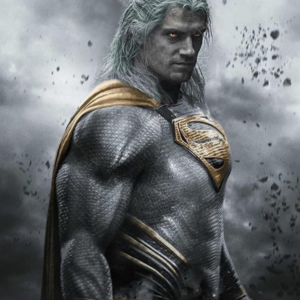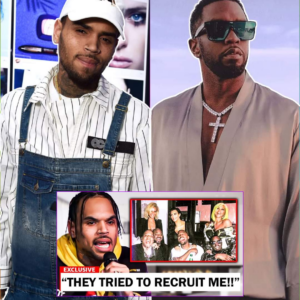
Caitlin Clark’s Indiana Fever teammates rewarded her with a hysterical celebration following her triple-double in Saturday’s win over the New York Liberty. In the Fever’s…

“Fucking nightmare, Iron Mike chased me round a car 20 times, thought he was gonna kill me”: Fat Joe talks about a crazy…

Jun 1, 2024; Indianapolis, Indiana, USA; Indiana Fever guard Caitlin Clark (22) shoots a free throw against the Chicago Sky during a game…

HO – ‘WHAT?’: Olivia Dunne shares Taylor Swift Travis Kelce TikTok after starring alongside the Chiefs Super Bowl winner in energy drink commercial…

HO – Travis Kelce to compete with Chiefs teammate Patrick Mahomes as the duo earn Nickelodeon Kids Choice Awards nominations… while tight end’s…

Henry Cavill already has a replacement for The Witcher and Superman thanks to his role in the Highlander reboot, and this is already avoiding the mistake that killed the original…

Angel Reese is enjoying her time in Chicago, both on and off the court. She recently had an outstanding homecoming game, where she helped…

Henry Cavill has expressed his favorite role if he has the opportunity to collaborate with Marvel Studios. Henry Cavill has officially said goodbye…

It made a lot of folks hella uncomfortable. But as Diddy’s future started to look grim, he thought of a strategy. What’s…
